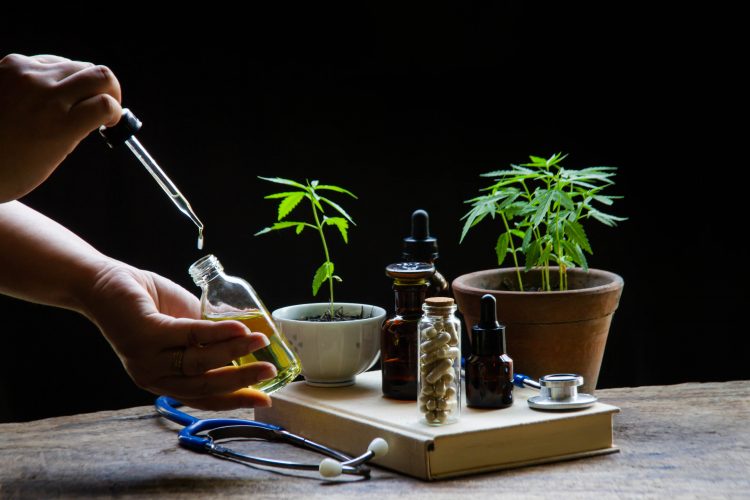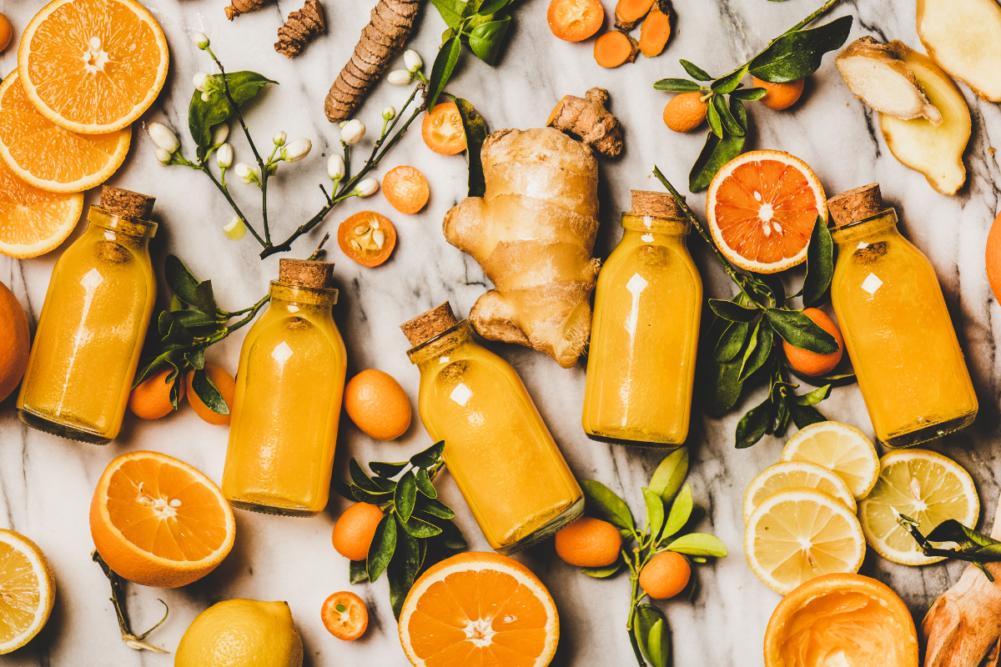
Flavor Manufacturer
In the world of beverages, creativity and expertise are essential to product success. MANE’s cross-disciplinary programme is dedicated to the development of solutions that consumers adore.
Whether for functional drinks or those focused on health and wellness, there is no better way to create a breakthrough beverage than with carefully curated flavors.
Beverage flavoring
Flavoring is the process of adding flavor and scent to beverages, enhancing their taste and appeal. It can be done using natural or artificial flavors, extracts, and fragrances.
A beverage flavour manufacturer produces a variety of flavors, including fruit, flower, herb, citrus, and other natural flavorings. It also provides extracts and concentrates.
The main objective of the industry is to provide consumers with a range of options to suit their moods and occasions. This can include a refreshing swig of a beer, an elegant herbal liqueur, or a stimulating cup of tea.
An increasing number of beverage manufacturers are focusing on innovation and developing new products to capture the market share. Moreover, there is an increased consumer demand for clean-label and organic beverages.
With an increase in the consumption of alcoholic and non-alcoholic beverages, the demand for a wide range of flavoring systems is rising. These systems consist of a combination of ingredients such as flavoring agents, flavor carriers, flavor enhancers, preservatives, emulsifiers, and stabilizers among others.
Another important factor driving the beverage flavor market is the growing number of health-conscious consumers. They are looking for low sugar, less artificial and beverage flavour manufacturer nutrient-rich drinks that offer hydration, immunity support, digestive wellness, and other functional benefits.
The market is projected to exhibit a CAGR of 5.3% from 2020 to 2028. The liquid segment is expected to show the fastest growth in terms of revenue. This is attributed to the ease of blending and dispersion of liquid flavors.
A beverage flavor manufacturer can create custom flavors for use in juices, flavored milks, energy drinks, and other beverages. Its products are available in liquid, powder, and emulsion forms. They can be fabricated for applications such as desserts, food supplements, protein bars and shakes, syrups, and nutraceuticals. They are FDA approved and cGMP compliant. Their services include documentation, warehousing, and shipping.
Flavors for alcoholic beverages
Flavors for alcoholic beverages are an important component of many beverage formulations. They can add a new flavor to a favorite drink or help you create a breakthrough beverage that grabs consumers’ attention and keeps them coming back for more.
The alcoholic drinks industry is a very competitive one, and to keep up with the competition beverage flavor manufacturers must constantly come up with new and exciting flavors to grab consumers’ attention. This can be difficult to do, but if you’re willing to push the boundaries of what your brand can offer, it could pay off in the long run.
A beverage flavour manufacturer is a company that makes flavored extracts and syrups to be used in alcoholic beverages such as beer, wine, liquors or liqueurs. These flavored drinks often contain less alcohol than their unflavored counterparts, and can be sweetened with sugar or glycerine.
Alcoholic drinks are a category of products that contain ethanol (also known as ethyl alcohol). The main components of alcoholic beverages are water, ethanol and other flavors, but they can also include ingredients such as fruits, herbs, vegetables and spices.
The most common types of alcoholic drinks are whiskey, rum, vodka, gin, and tequila. These distilled spirits are made through a process that includes aging the alcohol for a period of time in barrels. These aging processes can result in different flavors that are distinct from the original spirit.
There are also flavored alcoholic drinks, such as liqueurs and spirit drinks, that have been infused with herbs, spices and other ingredients to provide a new taste. These flavored alcoholic drinks may be more sugary than their unflavored counterparts, and some liqueurs are also made with a higher alcohol content than the unflavored spirit they contain.
For example, a rum that has been infused with vanilla and bananas would make a very pleasant and fruity drink. Similarly, a brandy infused with strawberry and lemon juice would have a very pleasant taste.
Moreover, a drink that has been infused with ginger would be quite refreshing, as it has a slightly spiciness and a slight sweetness.
Flavors for non-alcoholic beverages
Flavors for non-alcoholic beverages are a growing segment of the beverage industry. They can be found in sodas, juices, mocktails, and more. They can be sweetened with added sugars, or they can be made with zero-calorie sweeteners like stevia and monk fruit.
Many non-alcoholic beverages are flavored using herbs, spices, or fruits. Some are brewed or steeped to produce a flavor, while others use pre-made ingredients.
The type of drink you choose will depend on your tastes, but it is important to look for beverages that contain less than 15 grams of sugar per serving and prioritize products that have few or no artificial additives and preservatives. You should also consider the nutritional value of a beverage, especially for those who are looking to cut back on calories or consume less alcohol.
A growing number of brands are introducing low-calorie or no-calorie options. These drinks may be a great choice for people who are trying to reduce their alcohol intake but do not want to give up their favorite flavors.
One of the most popular low-calorie alternatives is sarsaparilla, which was once used as a medicinal plant. It is still made in some countries, including the United States and Australia.
Another option is a zero-calorie cola, which is often made with oats and other natural ingredients to make it sweeter without adding excess sugars. These colas are often sold in fast-casual restaurants and can be purchased at grocery stores.
There are also non-alcoholic spirits available, which are similar to liqueurs but do not contain alcohol. These drinks are a good choice for people who do not want to consume alcohol, but still wish to enjoy a cocktail.
The most popular flavors for non-alcoholic drinks are citrus and tropical fruits. These are paired with other ingredients to create a unique flavor profile.
Some non-alcoholic cocktails are fortified with adaptogens, which can help a person feel more energized and relaxed. These are often fortified with botanicals that mellow the mind, such as ashwagandha and reishi mushrooms. The flavors of these cocktails will vary depending on which brands are used, but they all contain a natural, herbal essence that helps relax the body and mind.
Flavors for food
The flavorings used in the beverage industry are complex ingredients that can change the taste of a drink, making it sweet, sour, or salty. Whether they’re in powdered form or liquid, flavors are used in both alcoholic and non-alcoholic beverages.
There are many different types of flavors and their use is vast. Some flavors are natural, and some are artificial.
Natural flavors are derived from plants and fruits, while artificial ones come from chemicals. Both are safe to use and have a wide variety of uses.
If you want to make your own drinks, it’s important to understand the difference between the two. You need to decide which type of flavor you’re going to use and then work with a company that specializes in it.
A good way to start is by researching companies online or through the Association of Independent Flavor & Extract Manufacturers (FEMA). These organizations can help you determine the best type of flavor for your needs and ensure that it meets all regulatory requirements.
Once you’ve found a company, you can contact them and ask them a few questions about your products. They may conduct sensory tests to ensure that the flavor you choose will work for your product. They also may employ application specialists who will work with you to find the right flavors for your product.
Flavors are essential to a drink’s sensory profile. Adding different flavor additives to beverage flavour manufacturer a beverage can change the overall taste, which makes it more appealing.
In addition to changing the flavor of a drink, flavors can help it become more appealing to different people. For example, if you’re trying to market a diet drink, flavors can give it a rich and creamy taste.
Using flavors can also help your product stand out from the competition. For instance, if you’re trying to sell a protein shake, you can add a berry flavor to it that will make your product look unique and delicious.
When you’re choosing a flavor for your beverage, it’s important to consider the size of the batch and how long it will last. This can affect the cost and the amount of resources you need to spend.


